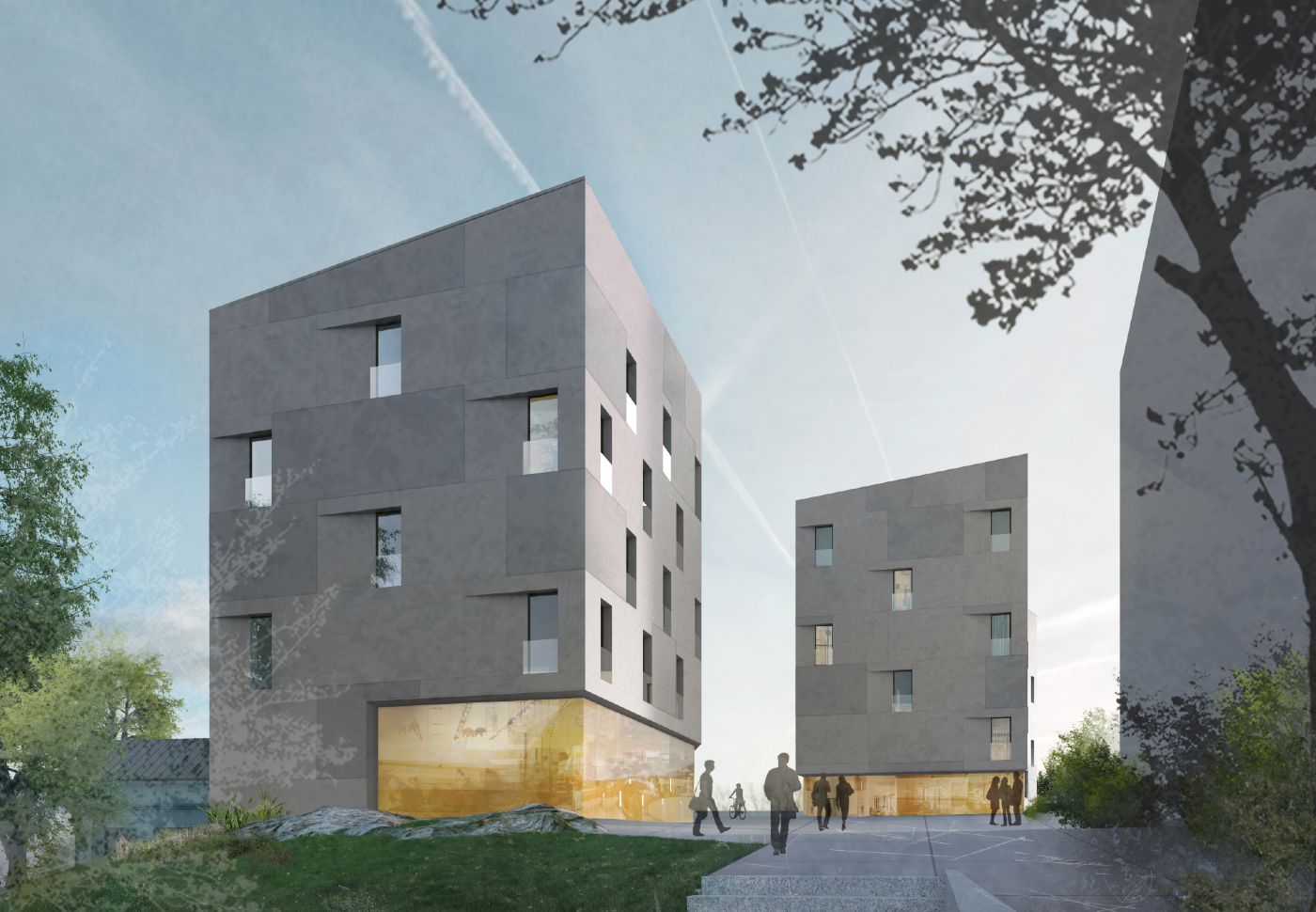Who can operate and manage smart buildings?
The study aims to map the engineering skills that will be required for planning, construction, and management of the smart and sustainable buildings of the future.

Background
KTH Live-In Lab (LIL) has so far focused on research and innovation, and we have achieved fantastic results in the relatively short time we have been around. In the long-term planning, there has also always been an ambition to link research to education and competence needs, and in our business plan for 2021 this has been formulated for the first time.
An insight that has emerged during the ongoing work within LIL, for example in discussions with property owners and property managers, is that smart and sustainable buildings of the future will probably require a different and innovative property management. This has been the starting point for a study that began in January 2021.
Project description
This study aims to map the engineering skills that will be required for planning, construction, and management of the smart and sustainable buildings of the future. It is primarily LIL’s partner companies that are included in the study, which will be conducted with the help of in-depth interviews.
Some current keywords are digitalization, sustainability, innovation, entrepreneurship, and intrapreneurship. But what do these concepts mean for our industry and how do they affect future skill and competence needs? How can different areas of competence be combined, and is it deeper knowledge in specific areas that will be required or broader and more interdisciplinary knowledge that will be crucial?
The underlying questions are about how today's education matches these needs and to what extent the existing staff at the companies have a need for further training in these areas of competence. The results of the study could form a basis for the support of and the influence over future education programs, if it turns out that there is a gap between supply and demand.
Implementation
The study will be carried out as an interview study in the spring of 2021. The person responsible for this study is Per Fagrell, researcher at the Department of Learning at KTH Royal Institute of Technology (KTH) and postdoc at the School of Industrial Engineering and Management’s (ITM) overall school initiative, . IRIS is a unique opportunity to establish the ITM school as a leader in research on sustainability for industry and society. In addition to sustainability, the keywords for IRIS are digitalization, innovation and entrepreneurship, and these concepts are also central to the study that Fagrell will carry out at LIL's partner companies.
KTH Live-In Lab co-finances Per Fagrell's employment as a postdoc via the Department of Energy Technology.
